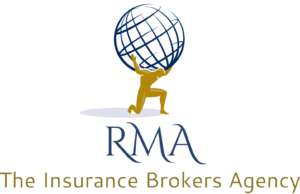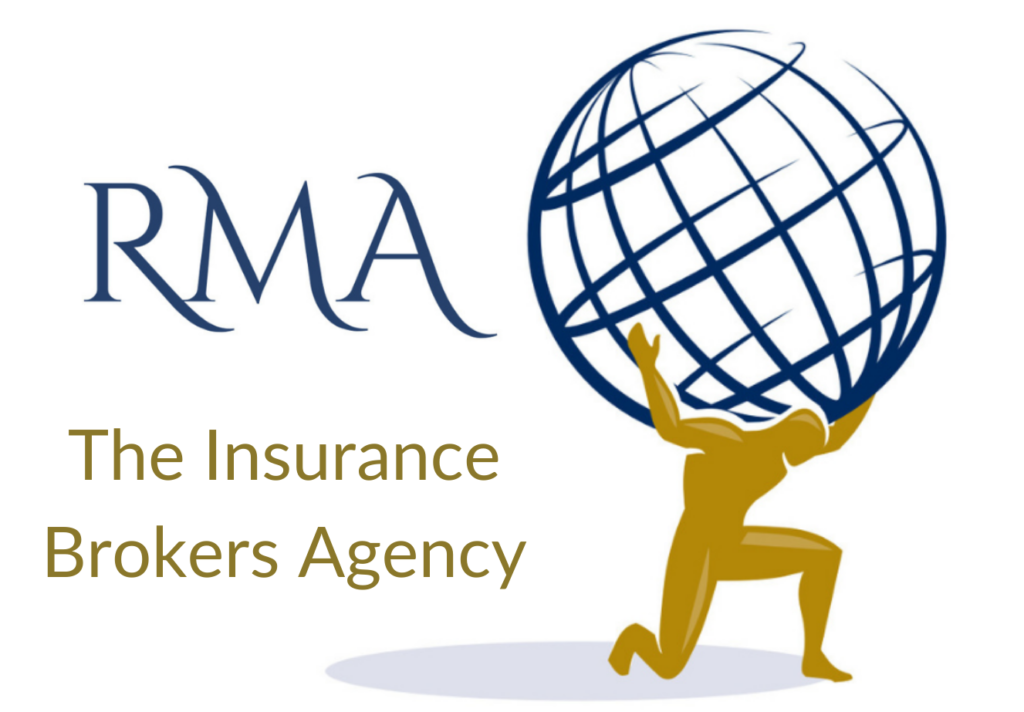Question & Answers for Medicare
Q&A for Medicare-Benefits and Updates:
What is the monthly premium and deductible for the immunosuppressive drug benefit in 2024?
The monthly premium is $103 or higher, depending on your income, with a $240 deductible. After meeting the deductible, you’ll pay 20% of the Medicare-approved amount for immunosuppressive drugs.
Who qualifies for the extended immunosuppressive drug benefit under Medicare?
If you have Medicare solely due to End-Stage Renal Disease (ESRD) and your full Medicare coverage ends 36 months after a successful kidney transplant, you may qualify, provided you don’t have alternative coverage such as a group health plan, TRICARE, or Medicaid.
What new caregiver training resources does Medicare cover?
Medicare now provides coverage for caregiver training sessions to help them care for you effectively. This includes medication administration and personalized care. You pay 20% of the Medicare-approved amount, and the Part B deductible applies.
How does the 2025 out-of-pocket limit on drug costs benefit Medicare beneficiaries?
Starting in 2025, the annual out-of-pocket drug cost will be capped at $2,000. After reaching this limit, no further copayment or coinsurance for Part D drugs will be required for the rest of the year.
Are there changes to telehealth coverage under Medicare in 2024 and beyond?
Through December 31, 2024, telehealth services can be accessed from any location, including your home. Post-2024, most telehealth services will require you to be in an office or medical facility, except for mental and behavioral health services.
What should individuals with HSAs know when signing up for Medicare?
Contributions to an HSA are not allowed after enrolling in Medicare. To avoid tax penalties, stop contributions the month before Medicare Part A coverage begins.
What is the out-of-pocket limit for Medicare drug costs in 2025?
In 2025, the yearly out-of-pocket drug costs will be capped at $2,000. Once this limit is reached, there will be no copayments or coinsurance for Part D drugs for the rest of the calendar year. For beneficiaries receiving Extra Help, some costs may already be reduced.
What is the Medicare Prescription Payment Plan starting in 2025?
Beginning in 2025, Medicare will offer a new payment plan to help spread out-of-pocket drug costs across the calendar year (January–December). This plan is designed to help manage expenses but does not lower or save money on drug costs.
What is the Federal Employee Health Benefits Program (FEHB) and how does it relate to Medicare?
FEHB provides health coverage for federal employees, retirees, and their families. It usually includes creditable prescription drug coverage, so you do not need to get Medicare drug coverage (Part D). Starting January 1, 2025, eligible U.S. Postal Service employees, retirees, and their families will transition to the Postal Service Health Benefits Program (PSHB).
Can CHAMPVA beneficiaries join a Medicare drug plan?
CHAMPVA beneficiaries can join a Medicare drug plan, but doing so will make them ineligible to use the Meds by Mail program, which provides maintenance drugs at no cost. The program includes no premiums, deductibles, or copayments.
How will I know what Medicare paid for?
Medicare will send a “Medicare Summary Notice” (MSN) every 4 months. This document lists all services and supplies billed to Medicare, what Medicare paid, and what you may owe. It is not a bill. If you have questions or disagreements, the MSN explains how to appeal.
Quick Contact

Mission Statement
“RMA is here to provide America’s Medicare eligible the best trained, most compassionate and unbiased independent brokers in the world.”
833-299-4RMA
Useful Links
Contact Us
info@rmaagents.com
10701 Melody Drive, Suite 600 Northglenn, CO 80234
